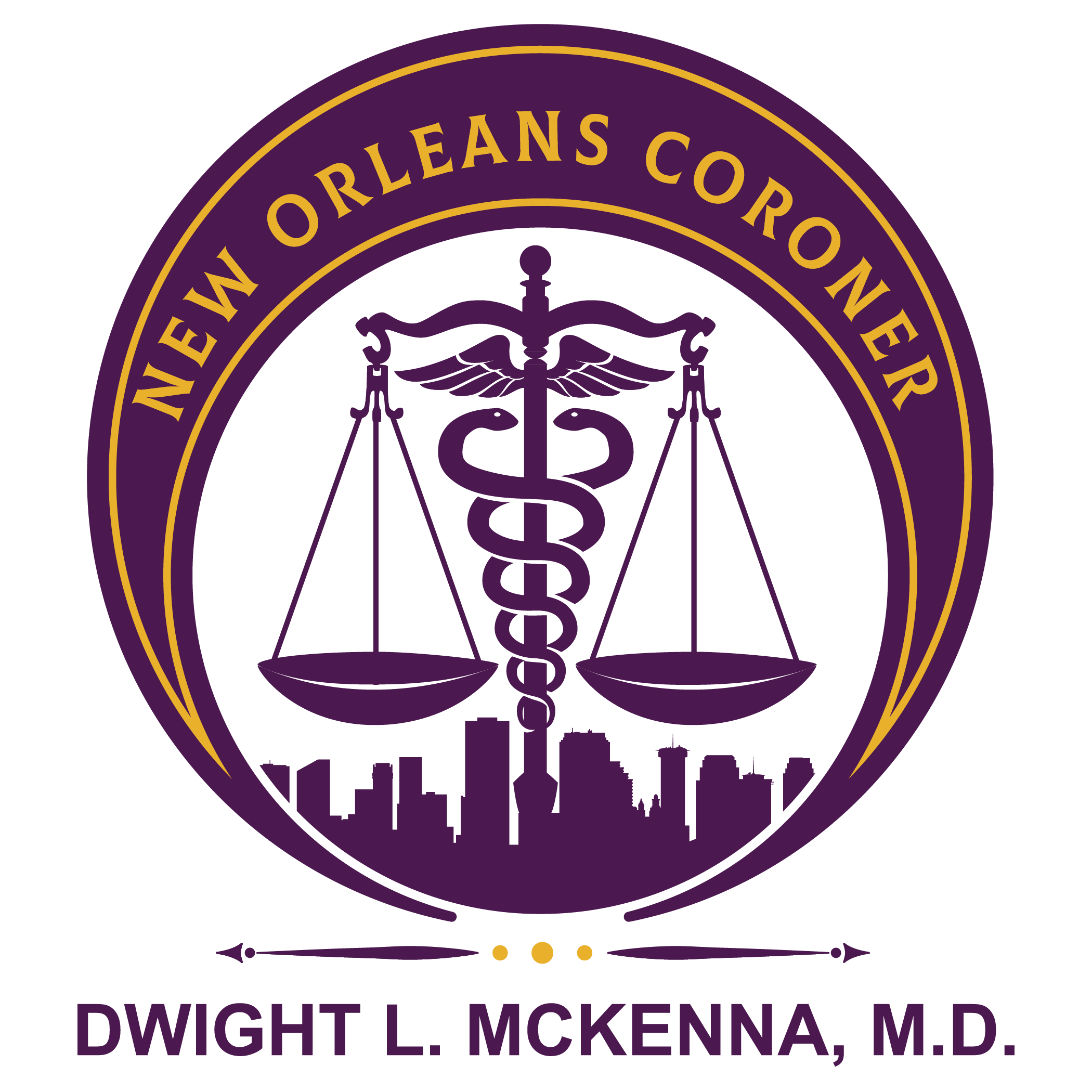Orleans Parish Coroner, Dr. Dwight McKenna, wants you to understand cancer and know that
it’s more than just one disease. We all know there are many types of cancer, and they all start
due to the uncontrolled growth of abnormal cells. Cancer cells develop because of damage to DNA,
which directs all activities in each cell. Experts say cancer can start almost anywhere in the body
and often forms a solid tumor.
Different types of cancer include: Carcinomas, Sarcomas, Lymphomas, and Leukemias.
The place where cancer starts is called the primary site. From there, it can spread, or
metastasize, to other parts of the body. No matter where it goes, it is named for the place it
began. For example, breast cancer that spreads to the liver is called metastatic breast cancer,
not liver cancer.
Each cancer can behave differently. For example, lung and breast cancer are different diseases
that grow at different rates and respond to different treatments. That’s why people with cancer
need treatments aimed at their particular type of cancer.
Also important to note, not all tumors are cancerous. Non-cancerous tumors do not spread to
other parts of the body and, with rare exceptions, are not life threatening.
Over the years, scientists have uncovered many intricacies of cancer and developed the
technology to pin-point the exact site of the damage to a specific gene, which has had a
tremendous impact on the types of therapies now available.
When understanding cancer, consider the following:
Sporadic Cancer — most diagnoses are considered sporadic. These tumors are the results of
environmental exposures or possible random events within a cell.
Hereditary Cancer — this cancer results from an inherited gene mutation or variation that is
present in every cell and can be passed on to children.
Solid Tumors — are named for the type of cells that form them. Examples include sarcomas and
carcinomas.
Liquid Tumors — are cancers of the blood cells, such as leukemias.
